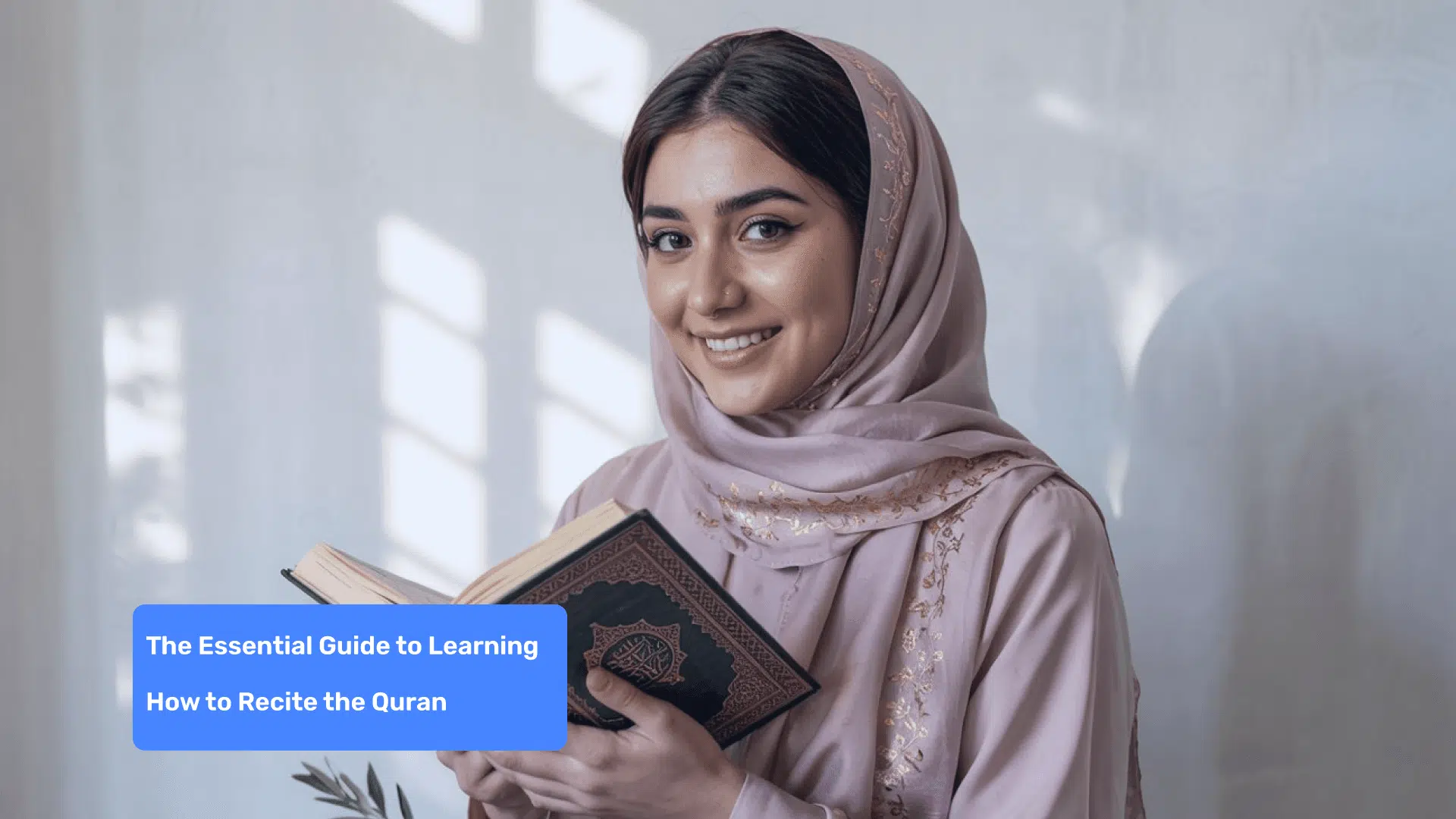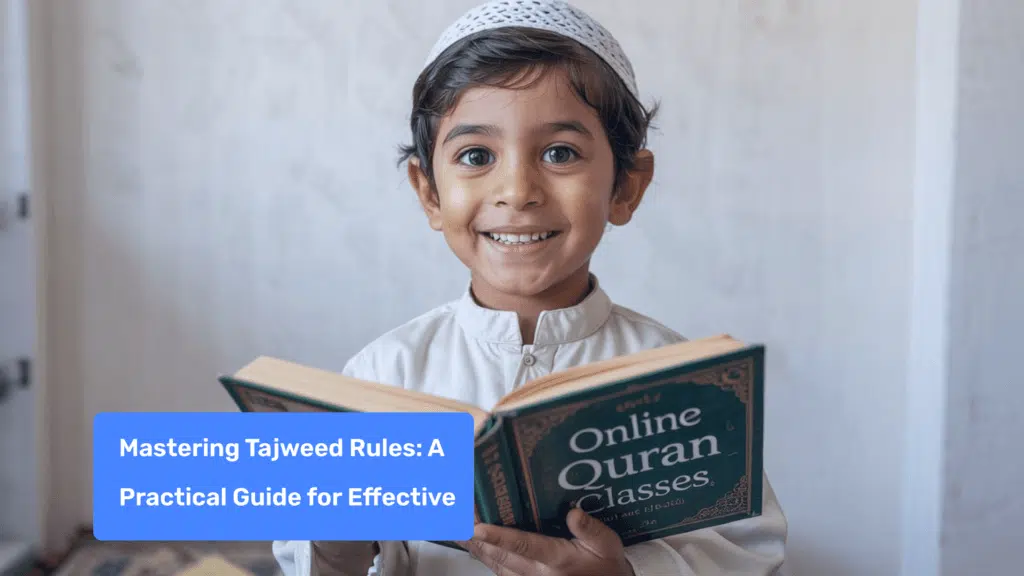The Holy Quran stands as one of history’s most influential texts, guiding the spiritual lives of over 1.8 billion Muslims worldwide. Yet, many aspects of this remarkable book remain unfamiliar to both Muslims and non-Muslims alike. This article explores fifteen fascinating facts about the Quran that illuminate its rich history, unique structure, and profound significance in Islamic tradition and global culture.
What is the Quran?
Definition and Etymology
- Linguistic Roots: The word “Quran” derives from the Arabic verb “qara’a,” meaning “to read” or “to recite.” This etymology reflects the oral nature of its initial transmission, as Prophet Muhammad received the revelations verbally and recited them to his companions in the Arabic language.
Origin and Compilation
Revelation and Prophet Muhammad Era
- 23-Year Revelation Period: Unlike some religious texts revealed or written in short timeframes, the Quran was revealed gradually over 23 years (610-632 CE) to provide guidance for every human being. This progressive revelation responded to the evolving needs of the early Muslim community and provided guidance for specific situations they encountered.
- First and Last Revelations: The first revelation consisted of the opening verses of Surah Al-Alaq (Chapter 96): “Read in the name of your Lord who created…” The final complete chapter revealed was Surah An-Nasr (Chapter 110), revealed shortly before Prophet Muhammad’s death, signaling the completion of his prophetic mission.
- Meccan and Medinan Periods: Quranic chapters are classified as either Meccan (revealed before the migration to Medina) or Medinan (revealed after). Meccan chapters typically focus on faith fundamentals, monotheism, and spiritual development, while Medinan chapters often address social legislation, governance, and community relations—reflecting the evolution of the Muslim community from a persecuted minority to an organized society.
Compilation and Preservation
- Unique Compilation Process: Unlike many ancient texts and previous scriptures, the Quran’s compilation followed a rigorous authentication process. During Prophet Muhammad’s lifetime, revelations were memorized by companions and written on various materials. After his death, the first caliph Abu Bakr commissioned Zaid ibn Thabit to compile these into a single manuscript, requiring at least two witnesses to verify each verse.
- Standardization Under Uthman: The third caliph, Uthman ibn Affan, established a standardized version around 650 CE, resolving minor dialectical variations that had emerged as Islam spread. He sent official copies to major Islamic centers and ordered all variant manuscripts destroyed, ensuring textual uniformity across the expanding Islamic empire.
- Memorization Tradition: The Quran is the most memorized book in history, with millions of “Huffaz” (memorizers of the entire Quran) worldwide. This tradition of complete memorization began during Prophet Muhammad’s lifetime and continues today, serving as a living method of preservation parallel to written transmission.
Structure and Contents
Surahs and Ayahs
- Numerical Structure: The Quran contains 114 surahs (chapters) and approximately 6,236 ayahs (verses), depending on the counting method. Surah Al-Fatiha, the first chapter of the Quran, consists of seven verses, emphasizing its significance as a foundational aspect of Islamic prayer and belief. Chapters vary dramatically in length—the longest (Al-Baqarah) has 286 verses, while the shortest (Al-Kawthar) has just three.
- Non-Chronological Arrangement: Unlike many religious or historical texts, the Quran is not arranged chronologically. Instead, chapters are generally organized from longest to shortest, with the exception of the opening chapter, Al-Fatiha. This arrangement was divinely instructed according to Islamic tradition.
- Thematic Diversity: The Quran addresses an extraordinary range of topics, including theology, law, scientific phenomena, historical narratives, prophecies, spiritual guidance, ethics, and psychological insights. This multidimensional approach makes it function simultaneously as a spiritual guide, legal reference, moral compass, and source of contemplation.
- Literary Inimitability: The Quran repeatedly challenges doubters to produce even a single chapter like it (2:23-24), a concept known as “I’jaz al-Quran” (the inimitability of the Quran). This challenge refers to its unique literary style, which doesn’t conform to any classical Arabic poetry or prose patterns while maintaining remarkable eloquence and linguistic precision.
Significance in Islam
Role in Muslim Prayer
The Quran, recited aloud, forms the foundation of Islamic worship and religious practice. Muslims recite portions of the Quran in their five daily prayers, with Surah Al-Fatiha (the opening chapter) being an essential component of each prayer unit. Beyond obligatory prayers, Muslims are encouraged to recite and reflect on the Quran daily as a form of personal devotion.
The text provides comprehensive guidance on spiritual matters and practical life aspects, addressing personal ethics, family relations, business transactions, governance principles, and interfaith interactions. This holistic approach makes the Quran not merely a book of religious rituals but a complete framework for individual and collective life.
In times of difficulty, Muslims turn to the Quran for solace and strength. Specific chapters and verses are recited for spiritual healing, protection, and comfort during hardship. The Quranic narrative emphasizes divine mercy, forgiveness, and the temporary nature of worldly trials, offering psychological support through life’s challenges.
Quran Recitation and Memorization
Quranic recitation has developed into a sophisticated art form with established rules of pronunciation, rhythm, and melodic patterns known as “tajweed.” Professional reciters, called “qaris,” undergo years of training to master this tradition, with international competitions held annually to showcase their skills.
The practice of memorizing the entire Quran begins in childhood for many Muslims, with dedicated schools (madrasas) established specifically for this purpose. The title “Hafiz” or “Hafiza” (for women) is conferred upon those who have committed the complete text to memory, earning them special respect in Muslim communities.
Modern technology has transformed how people engage with the Quran, with numerous digital applications offering searchable text, audio recitations, translations, and commentaries. These innovations have made the Quran more accessible globally while preserving traditional engagement methods. Additionally, Quran translations are available in over 100 languages, making the Quran’s messages accessible to non-Arabic speakers and facilitating a deeper understanding of Islamic teachings.
Benefits and Techniques
The Quran is a treasure trove of benefits and techniques that can be applied to everyday life. By studying and implementing its teachings, individuals can experience a profound impact on their spiritual, emotional, and mental well-being.
Academic Research and Study
Historical and Literary Analysis
The Quran has attracted extensive scholarly attention from both Muslim and non-Muslim academics. Traditional Islamic scholarship has produced vast libraries of exegetical works (tafsir), exploring linguistic nuances, historical context, legal implications, and spiritual dimensions of each quranic verse.
Western academic study of the Quran emerged during the Renaissance and has evolved significantly. Early orientalist approaches often reflected colonial perspectives, while contemporary scholarship emphasizes interdisciplinary methods incorporating linguistics, history, archaeology, and comparative religious studies.
Recent decades have seen growing attention to the Quran’s literary structures, rhetorical devices, and narrative techniques. Studies examining its internal coherence, thematic unity, and structural patterns have challenged earlier claims of textual fragmentation, revealing sophisticated composition techniques not immediately apparent to casual readers.
Conclusion
The Quran remains a living text that continues to shape the spiritual, intellectual, and cultural lives of Muslims worldwide while influencing global religious discourse. Its remarkable history of preservation, distinctive literary features, and comprehensive approach to human existence make it a uniquely fascinating text worthy of study regardless of one’s religious background.
For Muslims, the Quran represents much more than historical or literary significance—it serves as a direct connection to divine guidance, offering spiritual nourishment and practical wisdom for navigating life’s complexities. The continuing tradition of recitation, memorization, and implementation ensures that this ancient text remains vibrantly relevant in contemporary society.
As global interest in understanding Islam grows, familiarity with the Quran’s origins, structure, and significance provides essential context for meaningful interfaith dialogue and cultural appreciation. These fifteen facts offer merely a glimpse into the rich traditions surrounding this extraordinary text, inviting all human beings to further explore its profound depths.
















